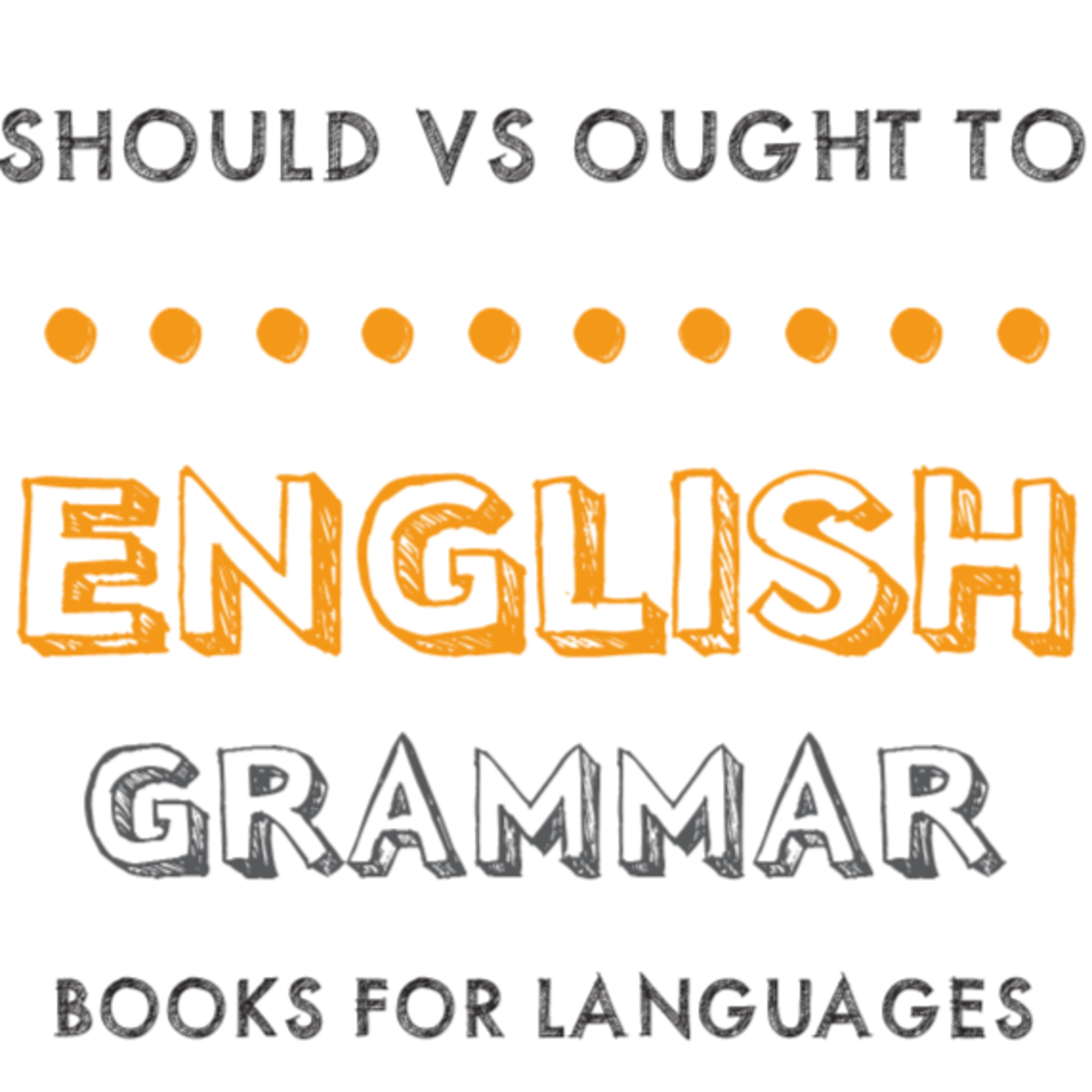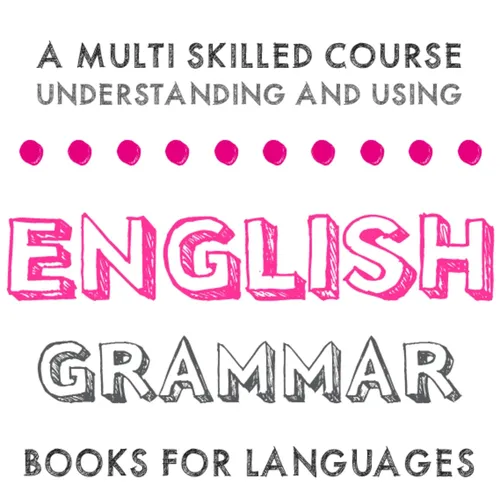
Books4Languages (English)
Open Educational Resources for Teaching and Learning English as Second Language which can be reused, modified, and shared and that provide unconstrained materials for the benefit and the enjoyment of others.
https://books4languages.com
- Update frequency
- every day
- Average duration
- 3 minutes
- Episodes
- 126
- Years Active
- 2019
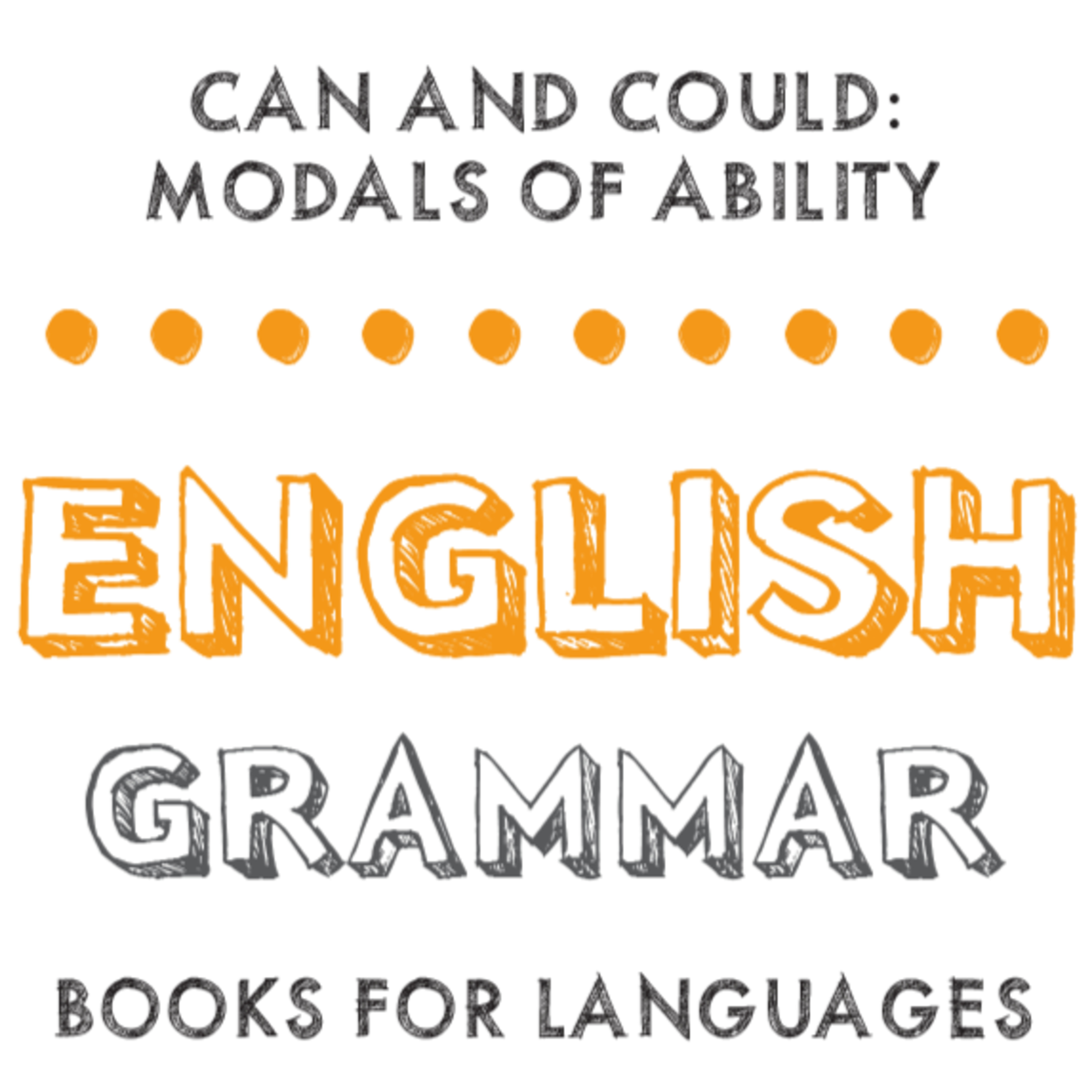
Can and Could: Modals of Ability
A modal verb is a type of auxiliary (helping) verb that has no meaning on its own but it modifies the main verb, changes its meaning and gives more details about the action.
Could is the past form …
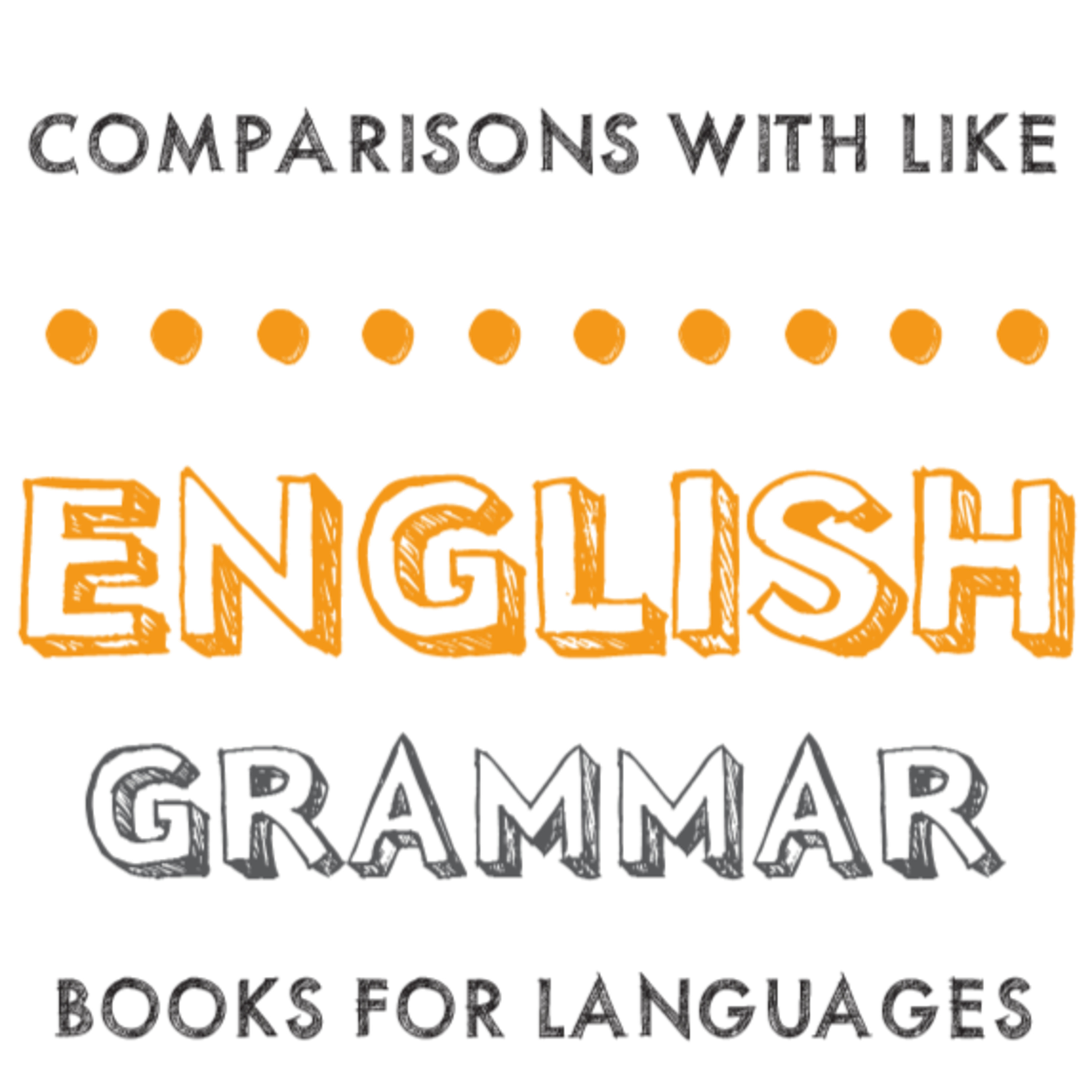
Comparisons with Like
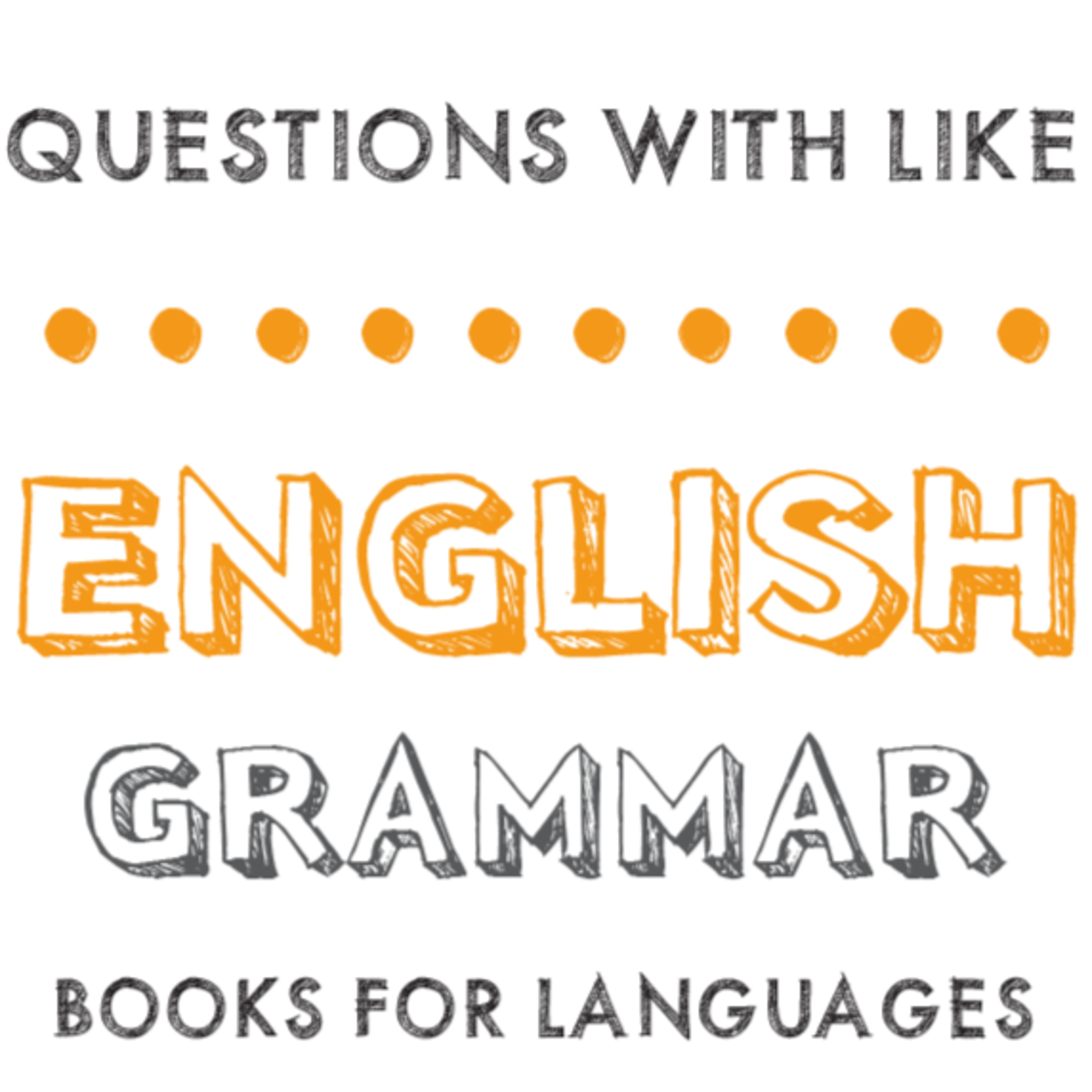
Questions with Like
Like as a verb is used to express things we enjoy and take pleasure in.
Like can also be used as a preposition to make questions.
https://open.books4languages.com/english-a2-grammar/chapter/questions…
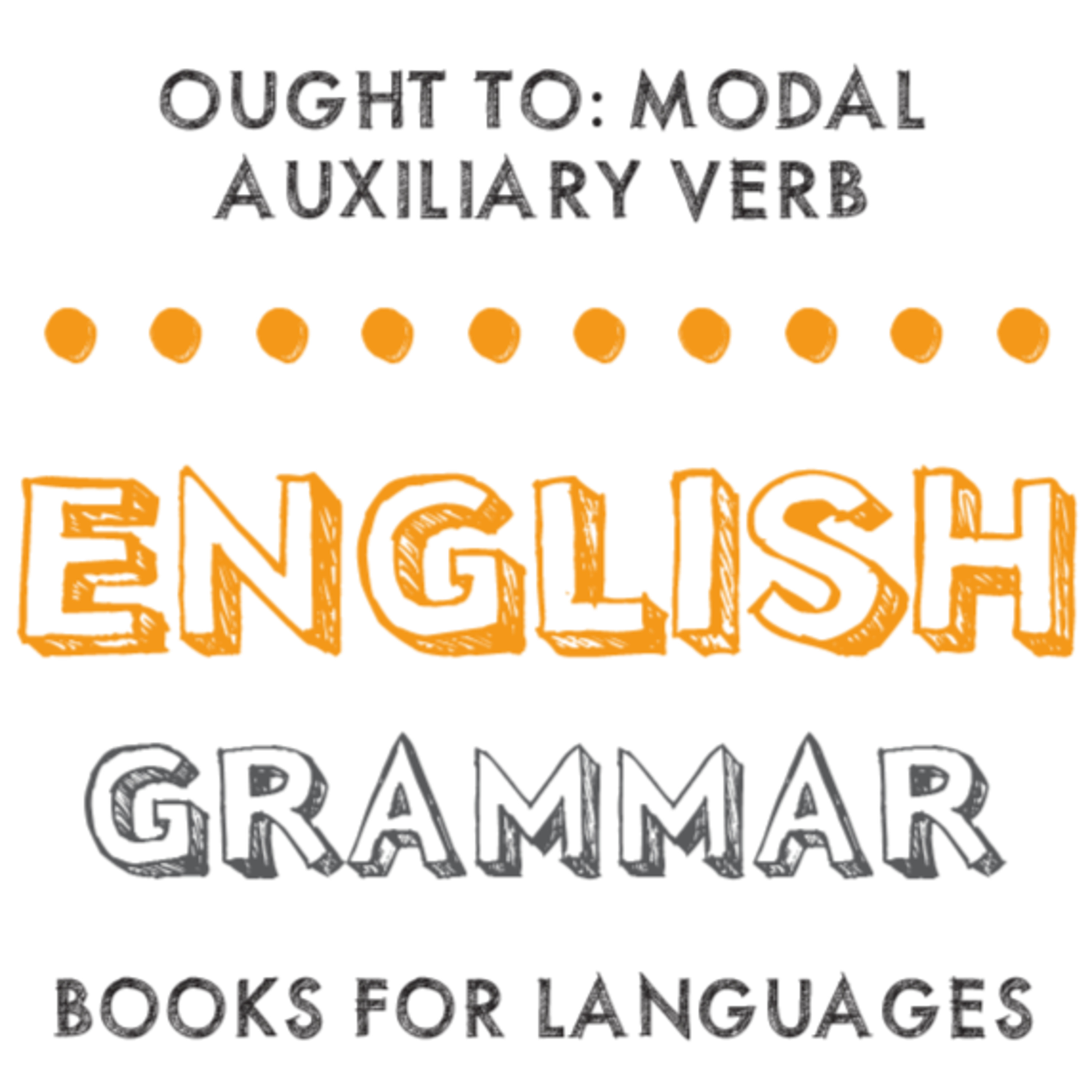
Ought to: Modal Auxiliary Verb
A modal verb is a type of auxiliary (helping) verb that has no meaning on its own but it modifies the main verb, changes its meaning and gives more details about the action.
Ought to is a type of a…
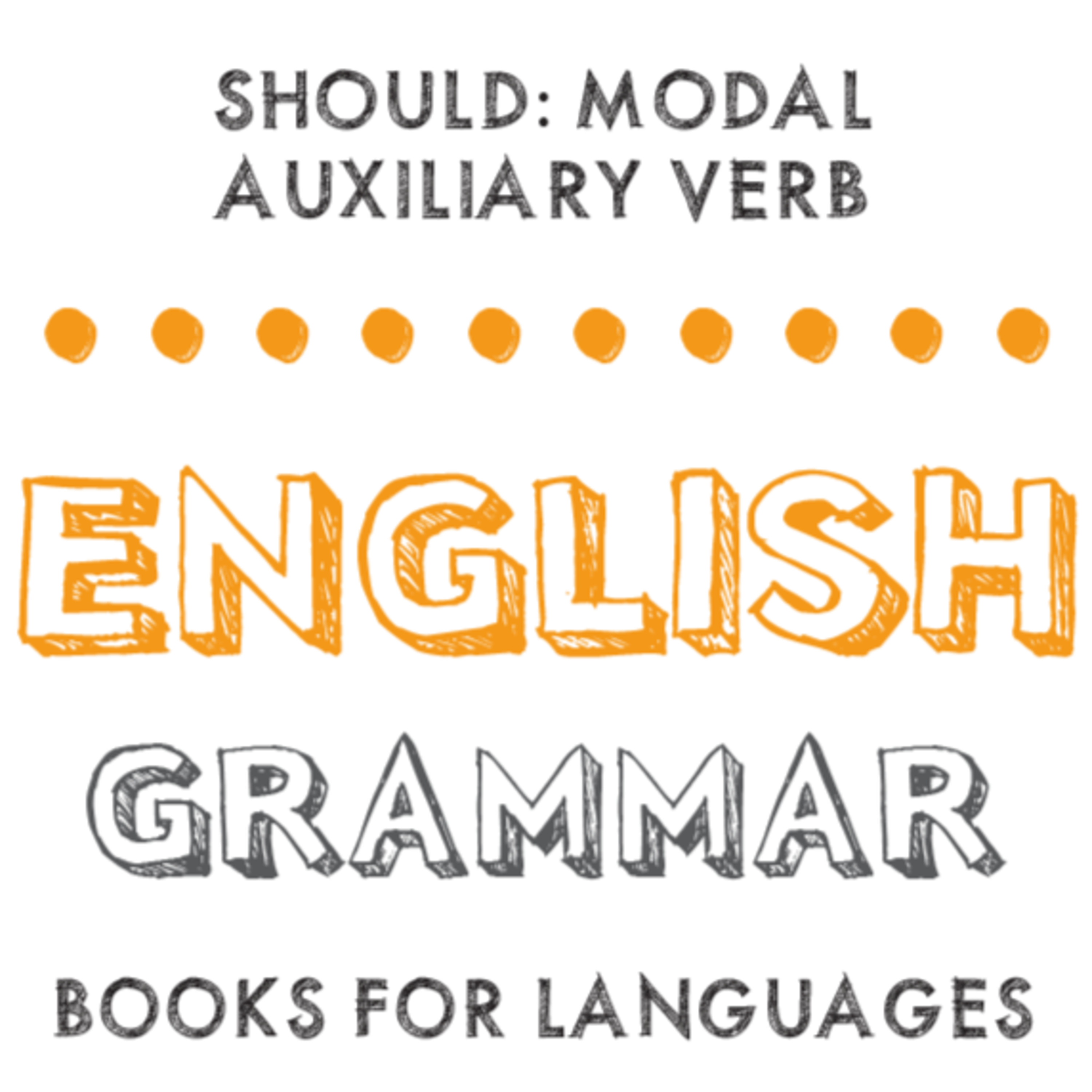
Should: Modal Auxiliary Verb
A modal verb is a type of auxiliary (helping) verb that has no meaning on its own but it modifies the main verb, changes his meaning and gives more details about the action.
Should is a type of aux…
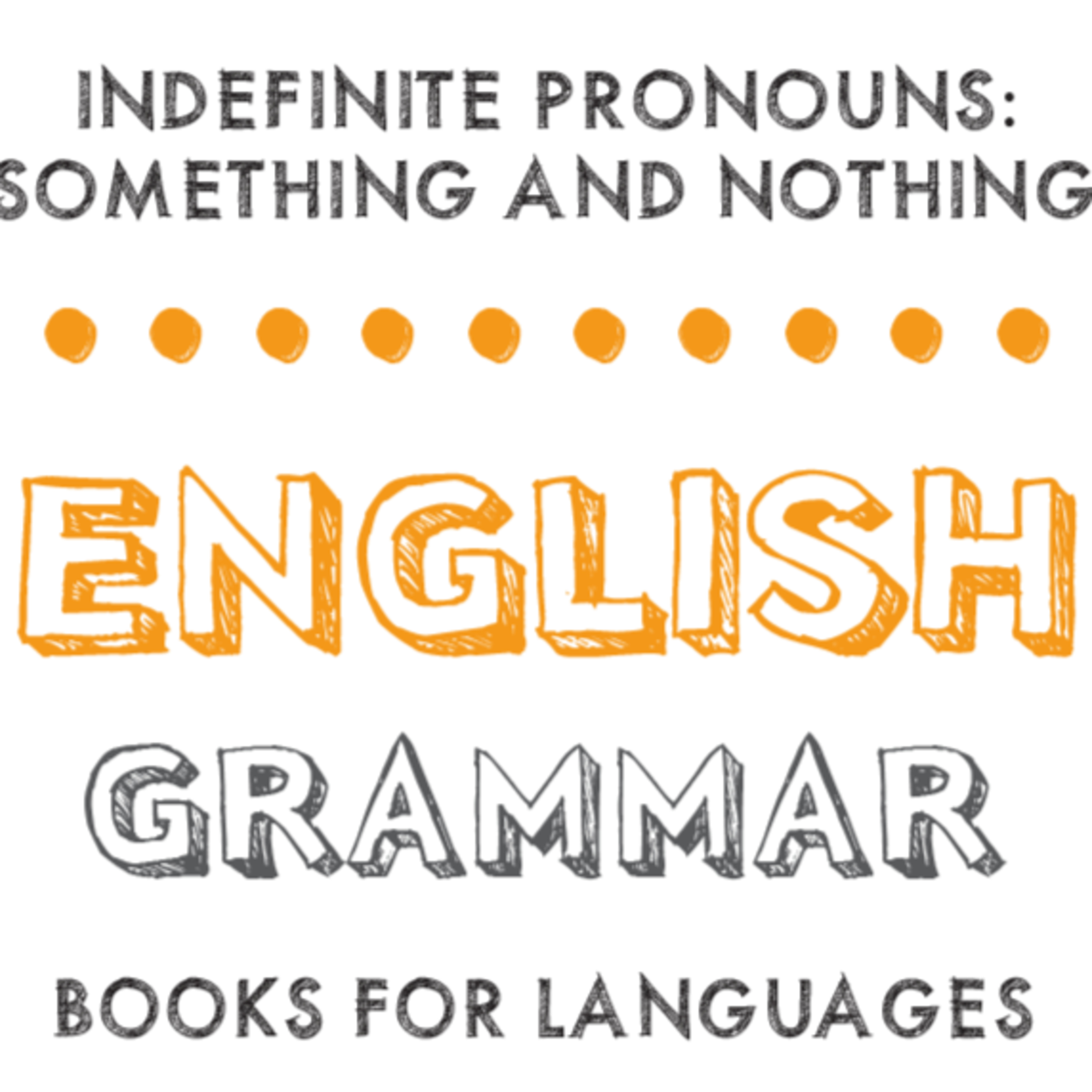
Indefinite Pronouns: Something and Nothing
Pronouns are words used to avoid repetitions of a noun.
Indefinite pronouns do not refer to any specific person, thing or amount.
Something refers to objects with unspecified quantity while nothing r…
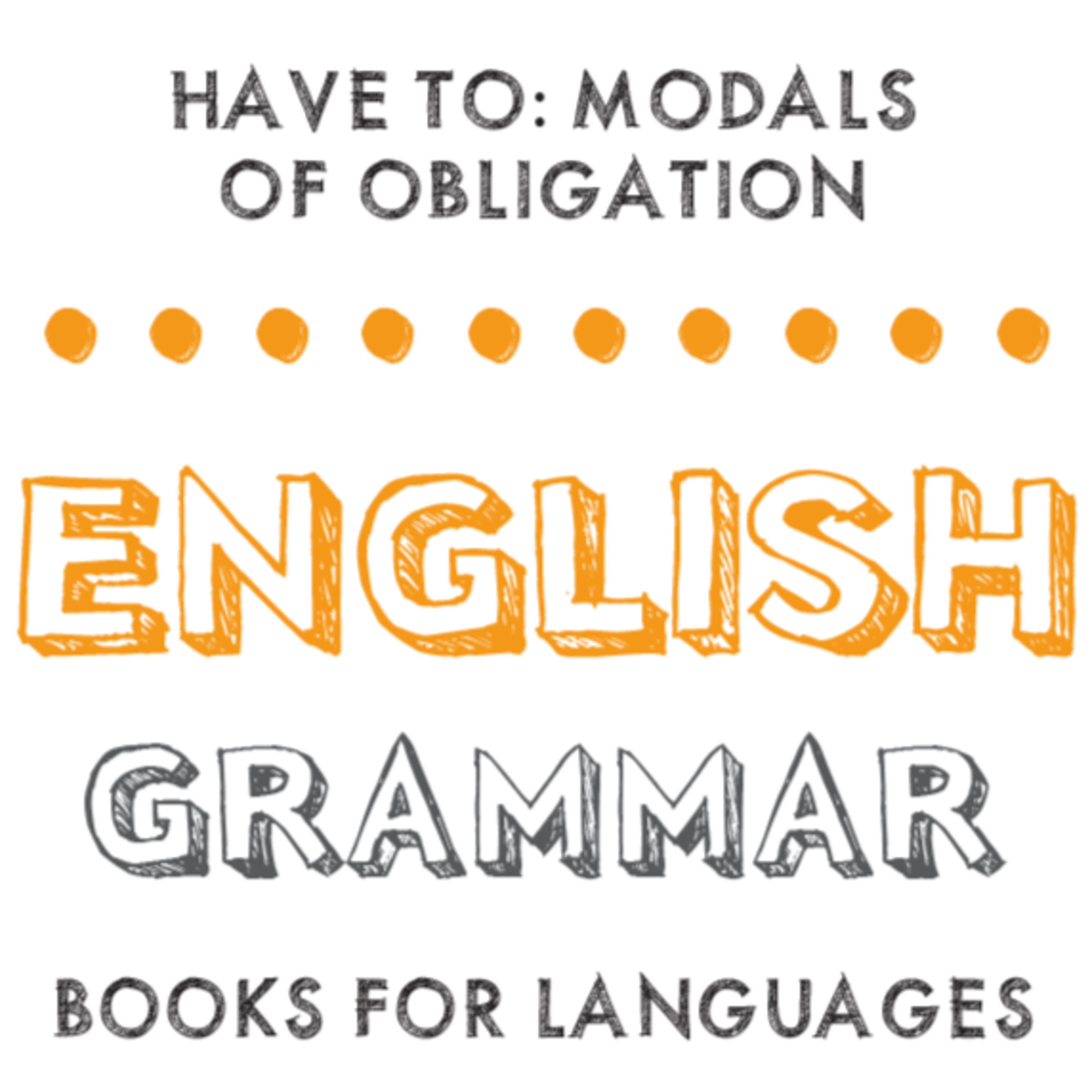
Have to: Modals of Obligation
A modal verb is a type of auxiliary (helping) verb that has no meaning on its own but it modifies the main verb, changes its meaning and gives more details about actions.
Have to is a type of auxi…
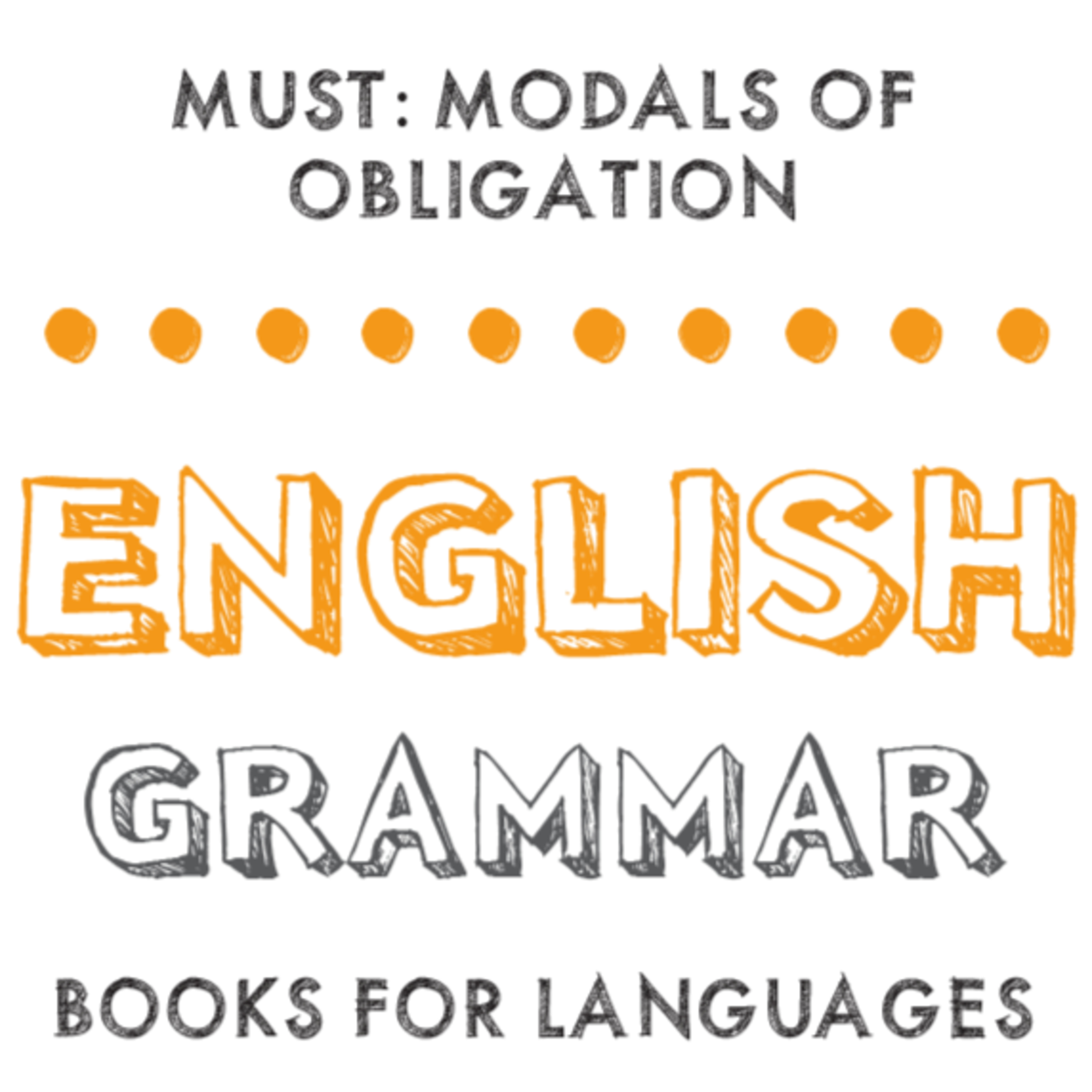
Must: Modals of Obligation
A modal verb is a type of auxiliary (helping) verb that has no meaning on its own but it modifies the main verb, changes its meaning and gives more details about the action.
Must is a type of auxi…
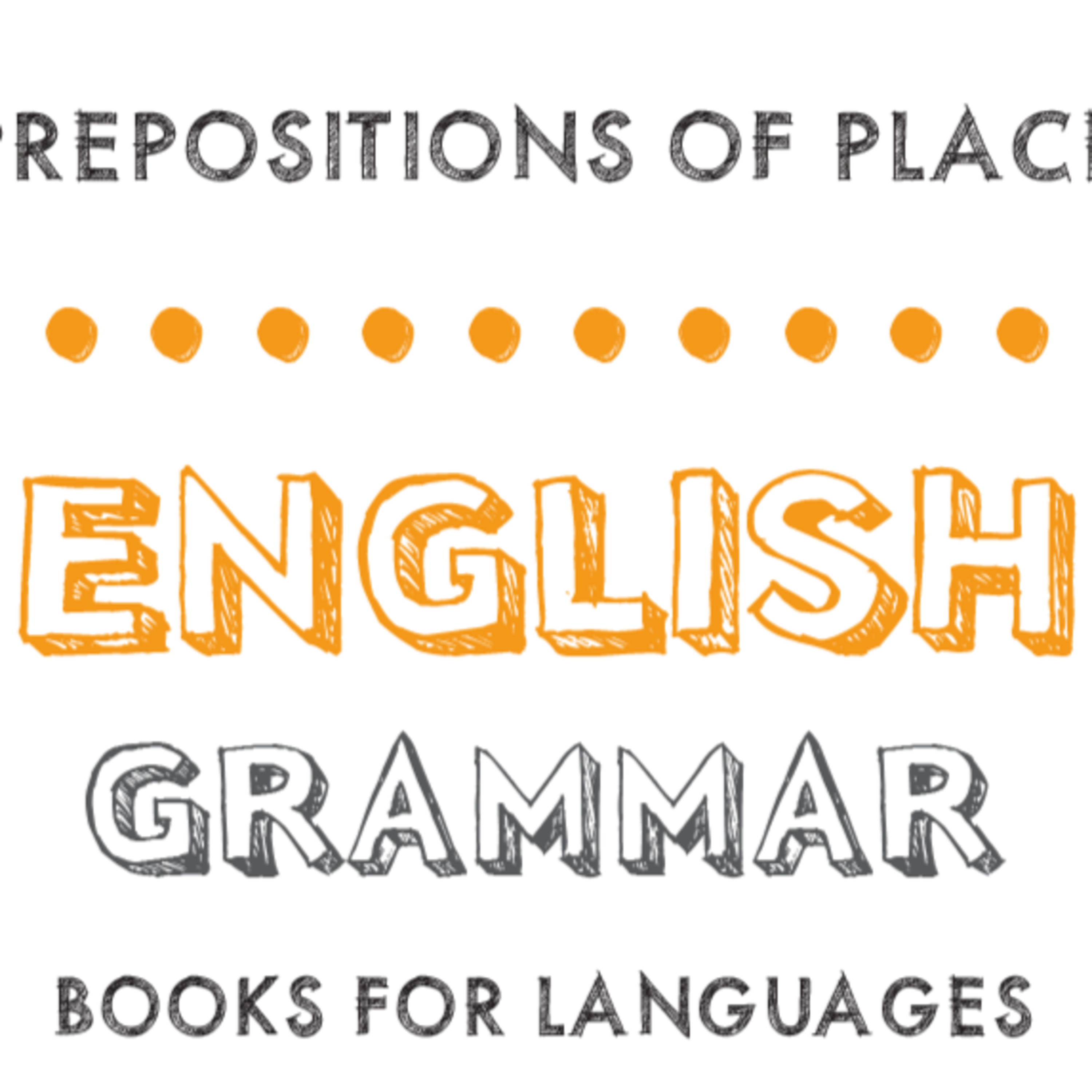
Prepositions of Place
Prepositions are small words that connect elements in a sentence. They are essential because they provide additional details about the sentence.
We use prepositions of place to locate an event in a…
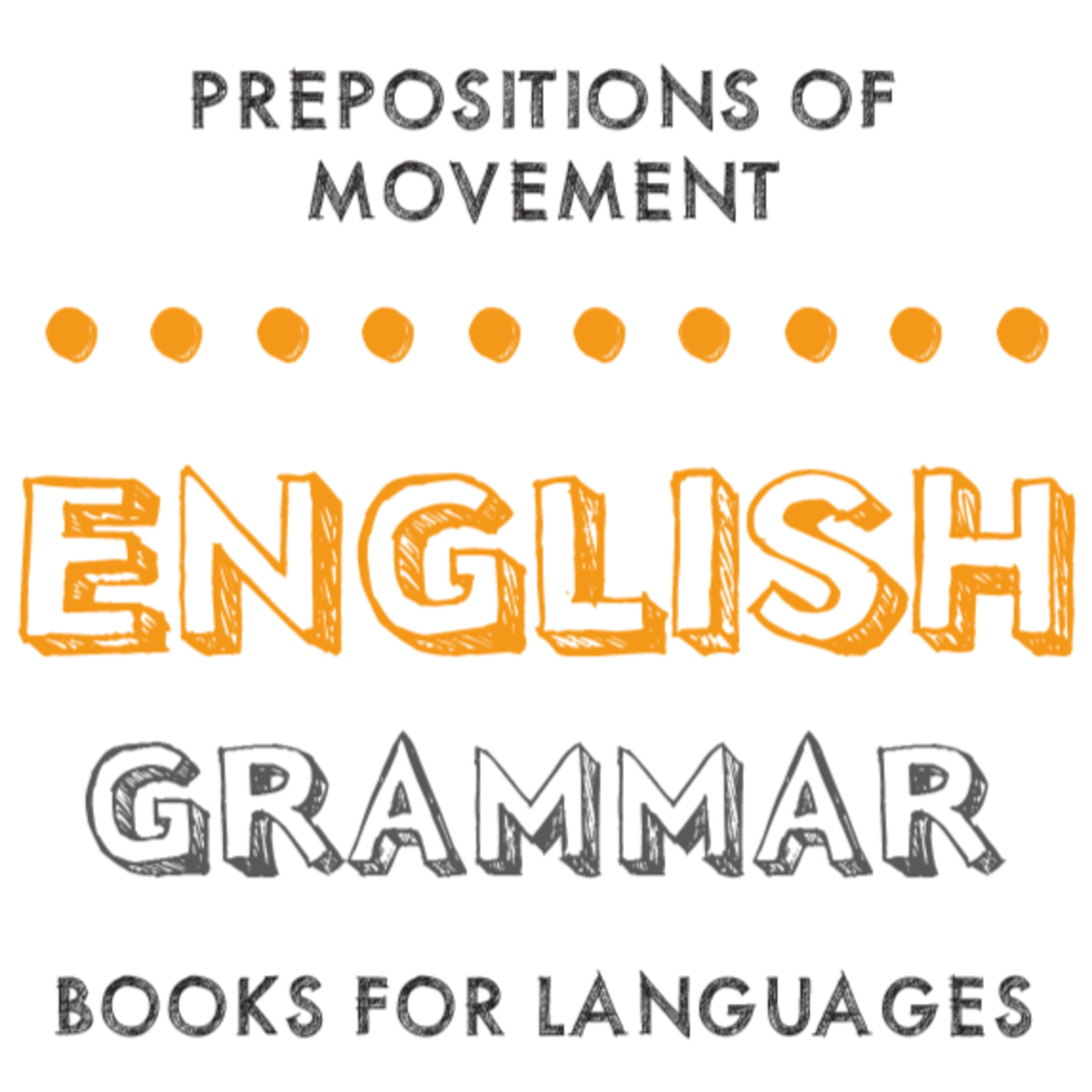
Prepositions of Movement
Prepositions are small words that connect elements in a sentence. They are essential because they provide additional details about the sentence.
We use prepositions of movement to express movement …
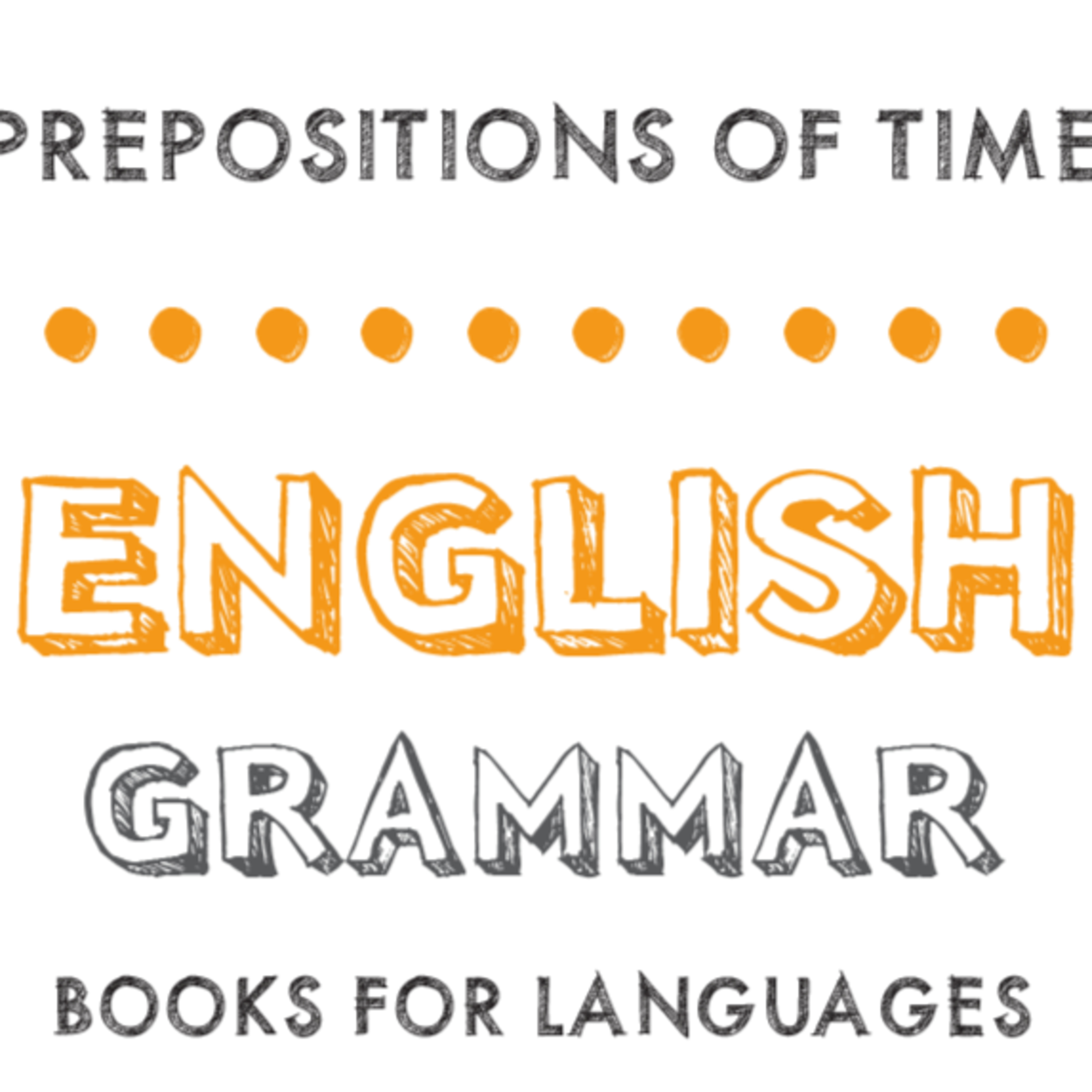
Prepositions of Time
Prepositions are small words that connect elements in a sentence. They are essential because they provide additional details about the sentence.
We use prepositions of time to locate an event in a …
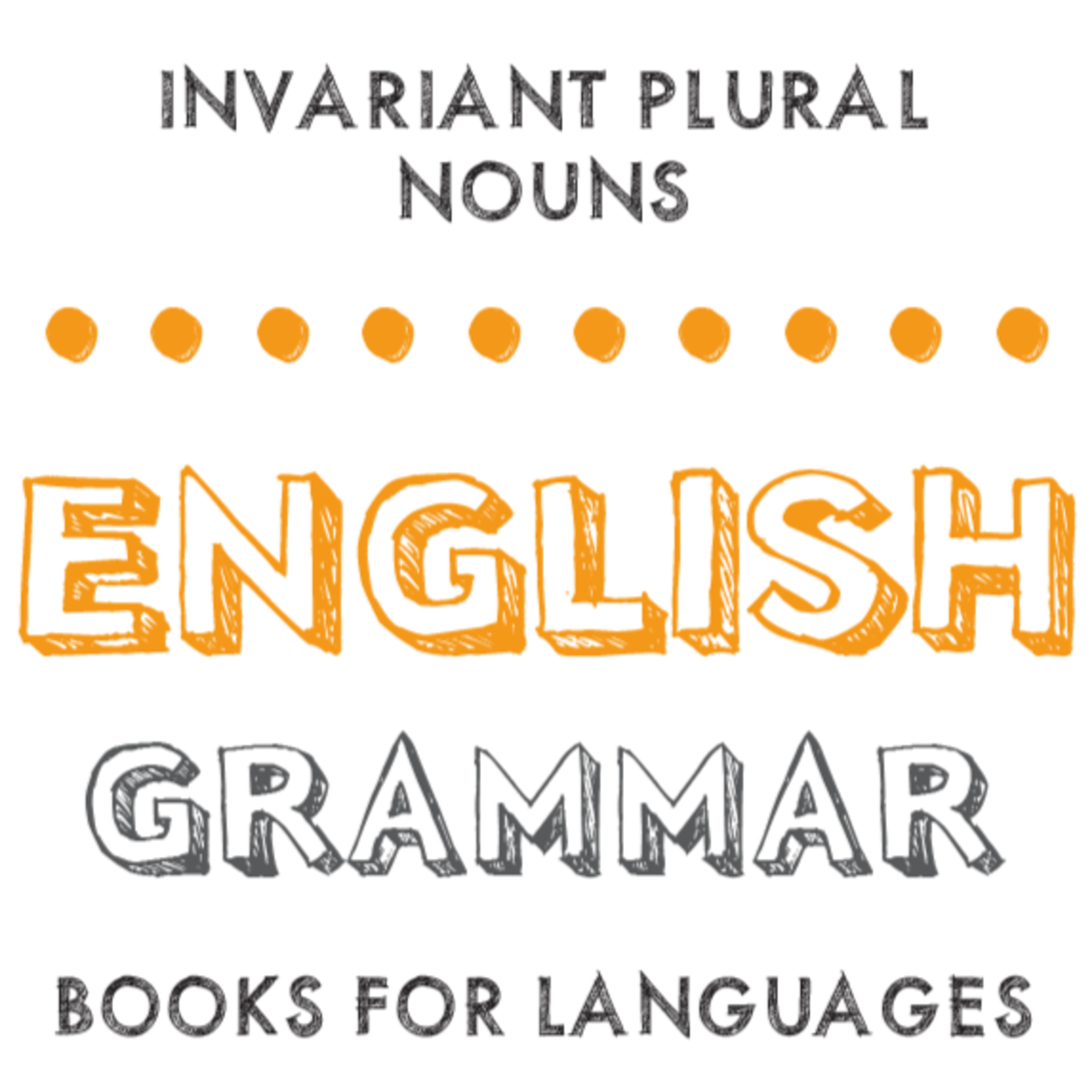
Invariant Plural Nouns
Nouns refer to a person, place, thing, event, substance or quality.
Invariant nouns are nouns which have the same singular and plural form.
https://open.books4languages.com/english-a2-grammar/chapter…
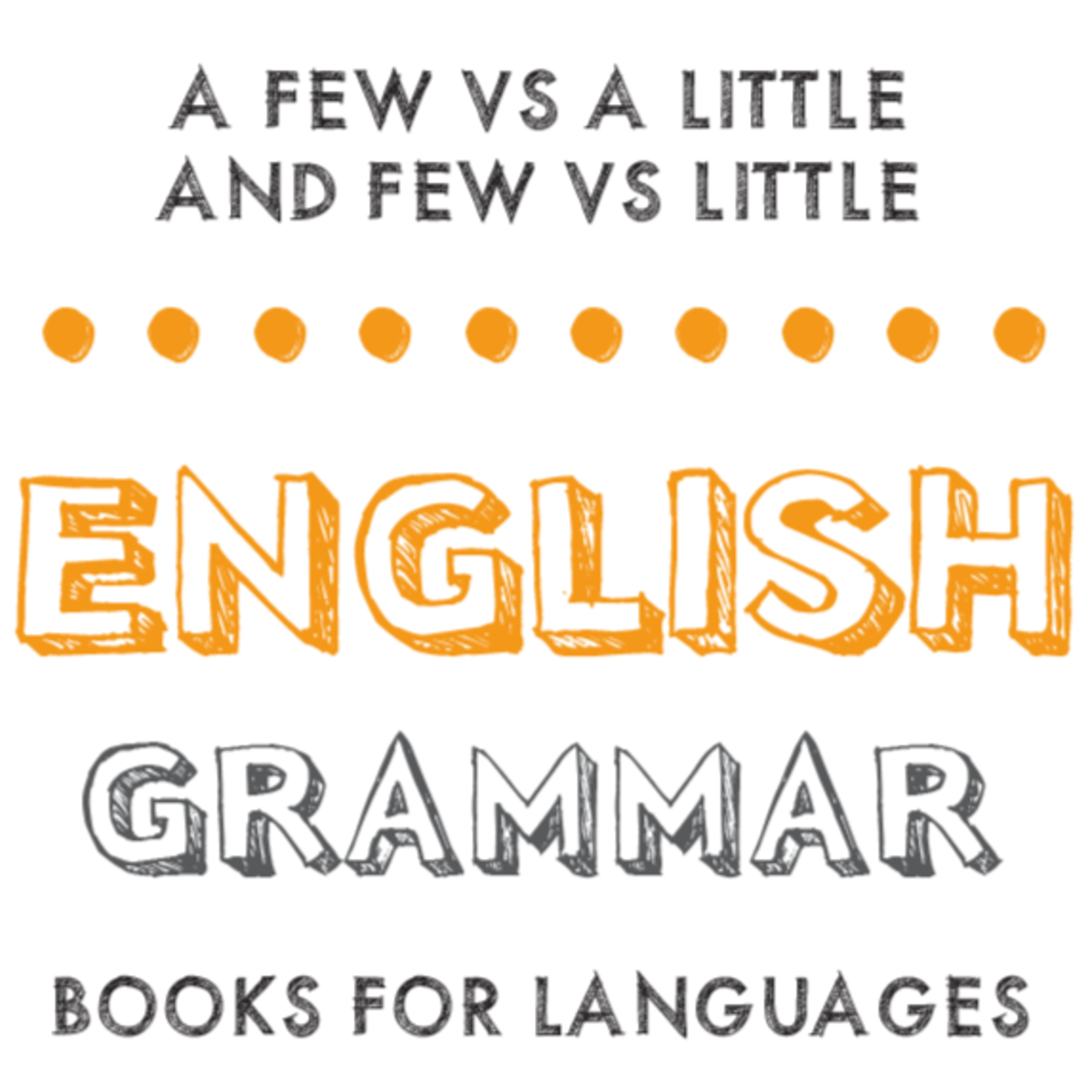
A few vs A little and Few vs Little
A few/a little and few/little are quantifiers which mean not enough or some/enough.
https://open.books4languages.com/english-a2-grammar/chapter/a-few-vs-a-little-and-few-vs-little/
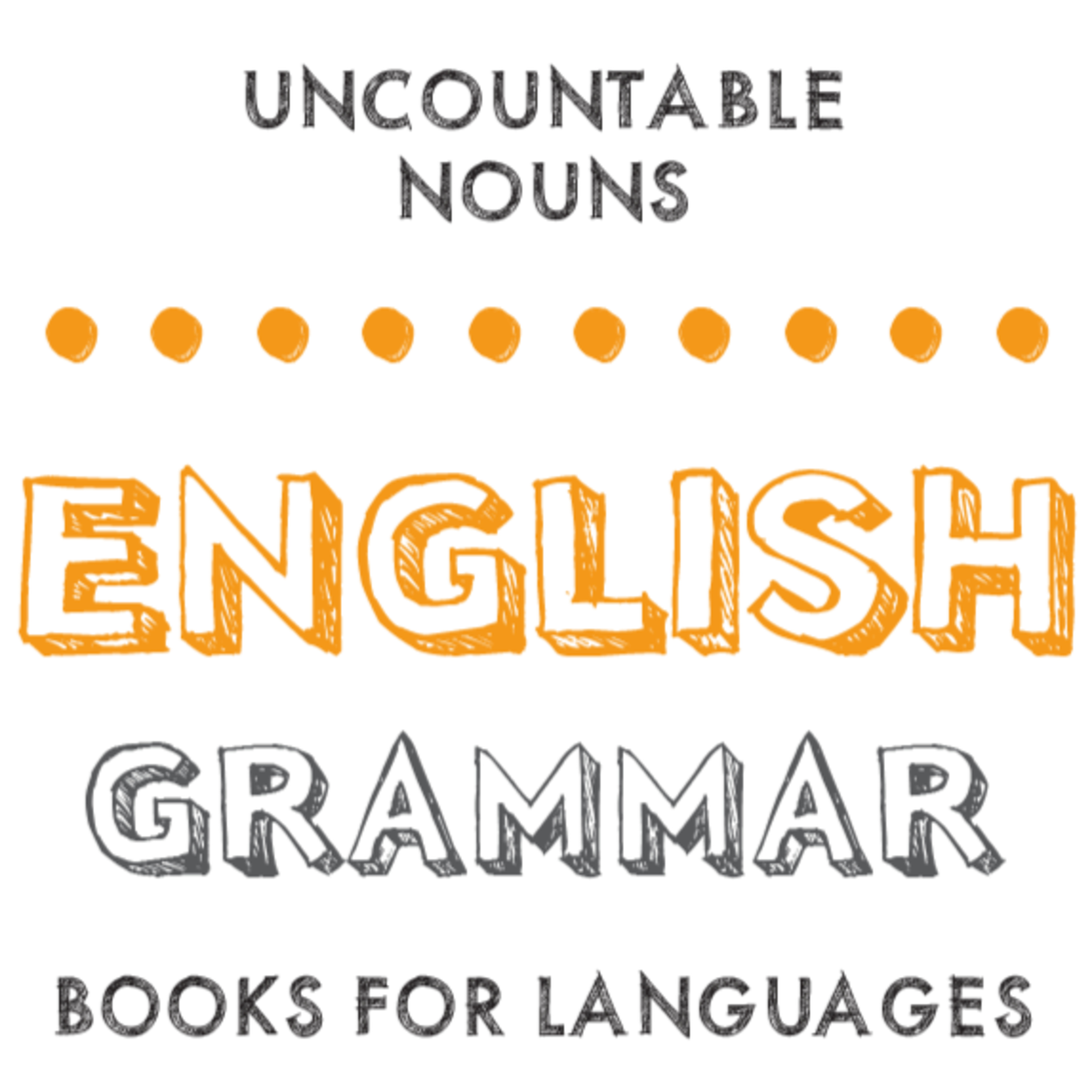
Uncountable Nouns
Nouns refer to a person, place, thing, event, substance or quality.
Uncountable nouns are nouns which cannot be counted easily or what we refer to as a mass {see Countable and Uncountable Nouns, A1 l…
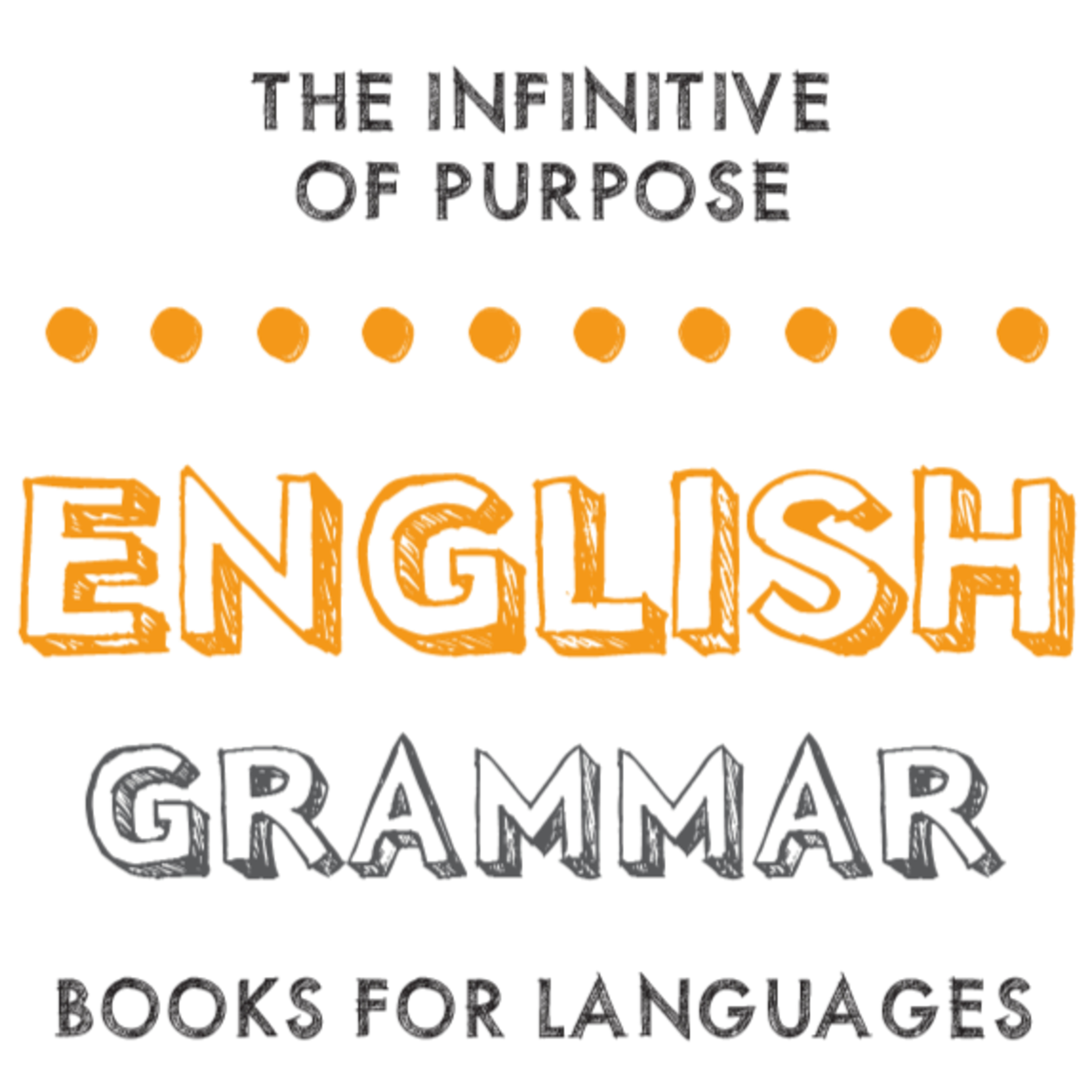
The Infinitive of Purpose
We can use the to-infinitive structure to express someone’s purpose (the reason or the aim of an action).
https://open.books4languages.com/english-a2-grammar/chapter/the-infinitive-of-purpose/
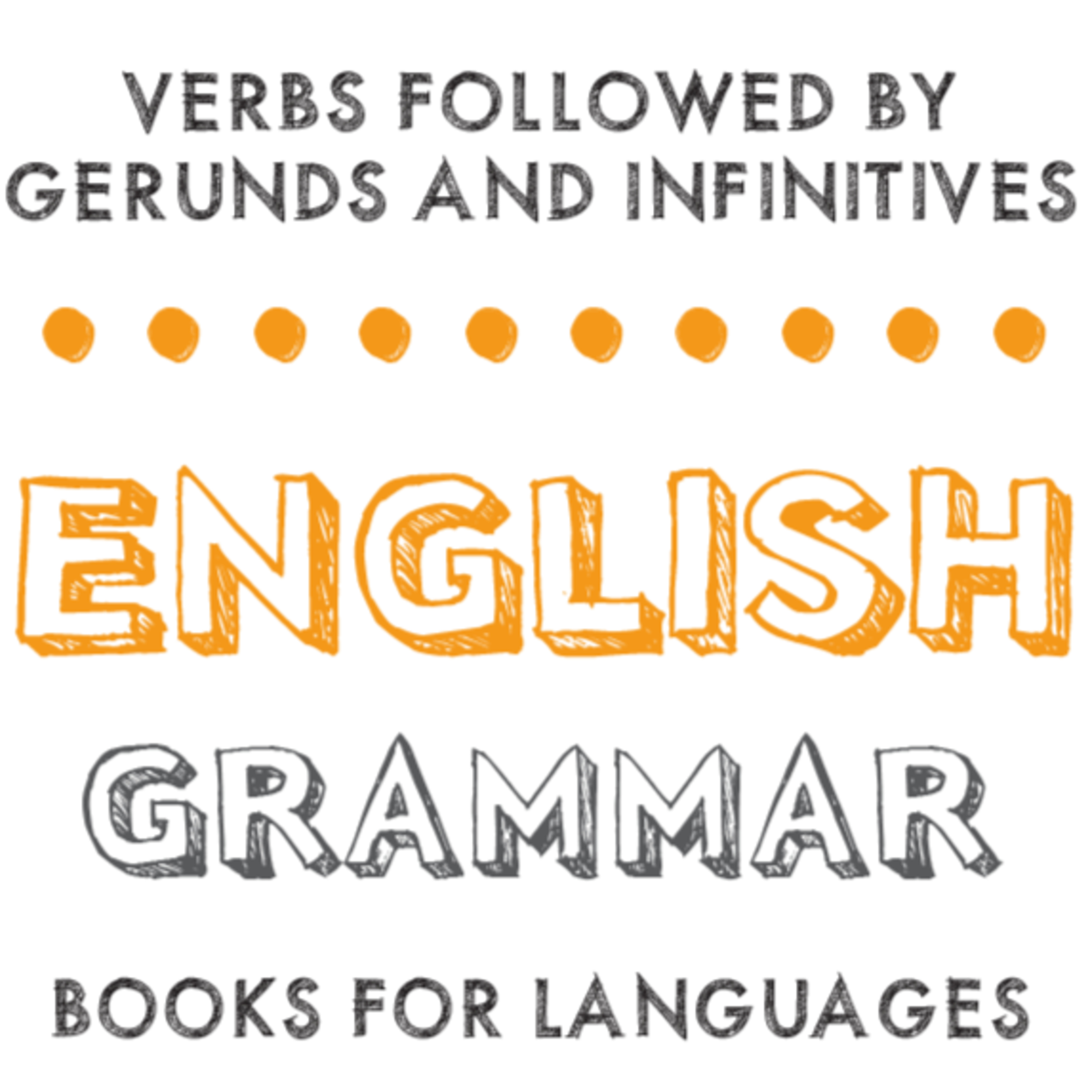
Verbs followed by Gerunds and Infinitives
There are some verbs that need to be followed by a gerund or infinitive.
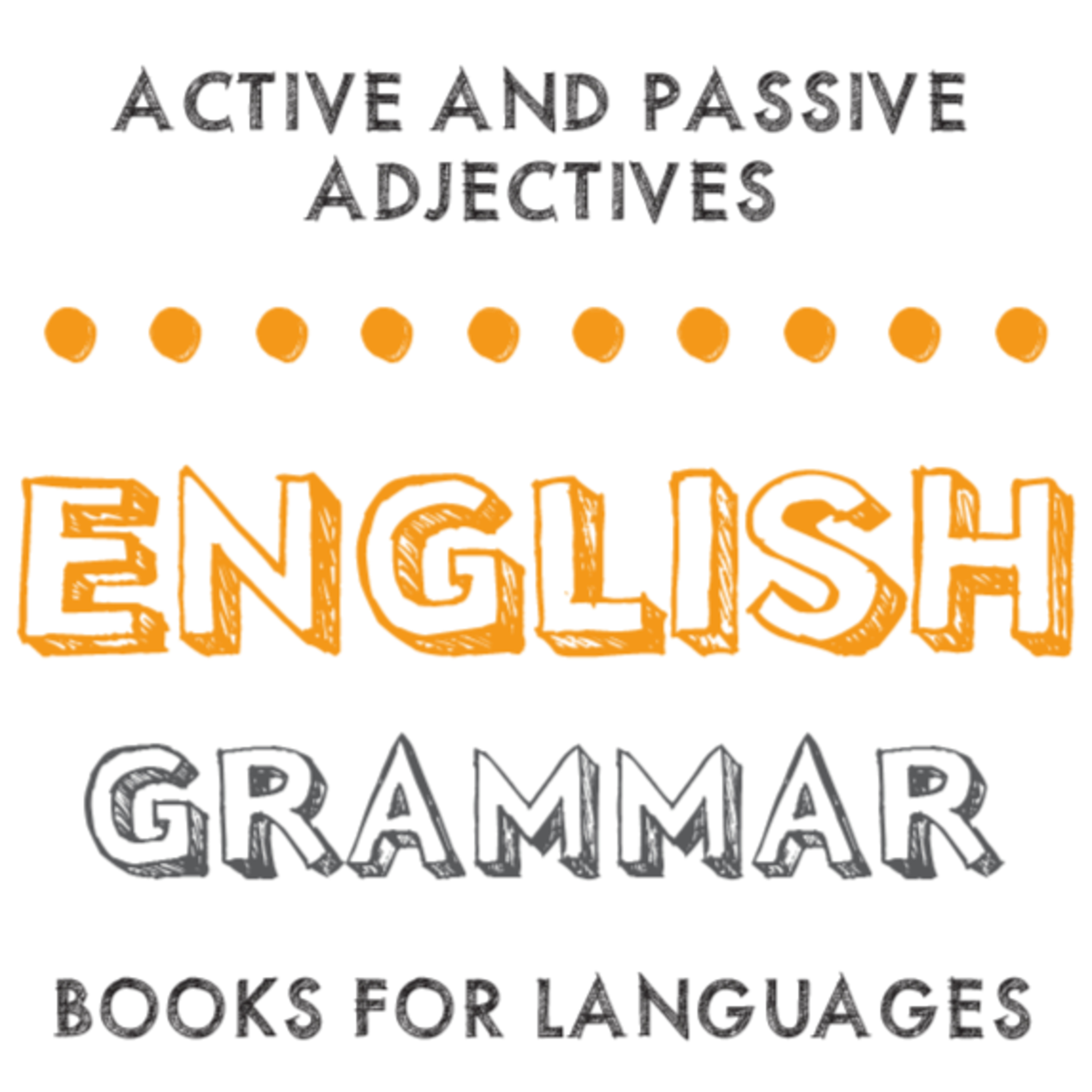
Active and Passive Adjectives
Adjectives are determiners that can be placed in two different positions within a sentence to modify or describe a person or a thing.
Adjectives can be used with active or passive voice.
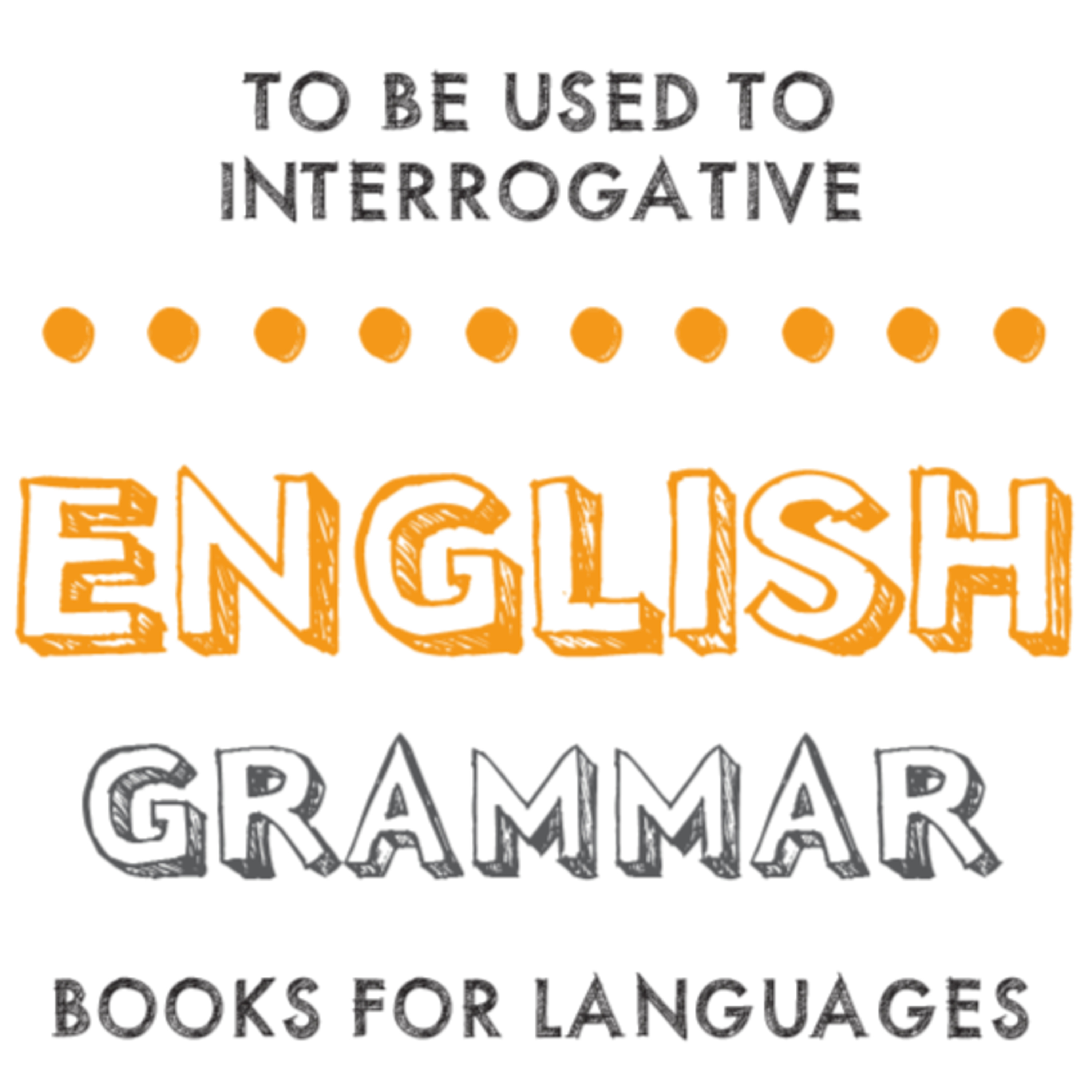
To be used to Interrogative
To be used to is a structure used to express habits and customs that are familiar to us.
The interrogative form is used to ask questions about the subject’s customs.
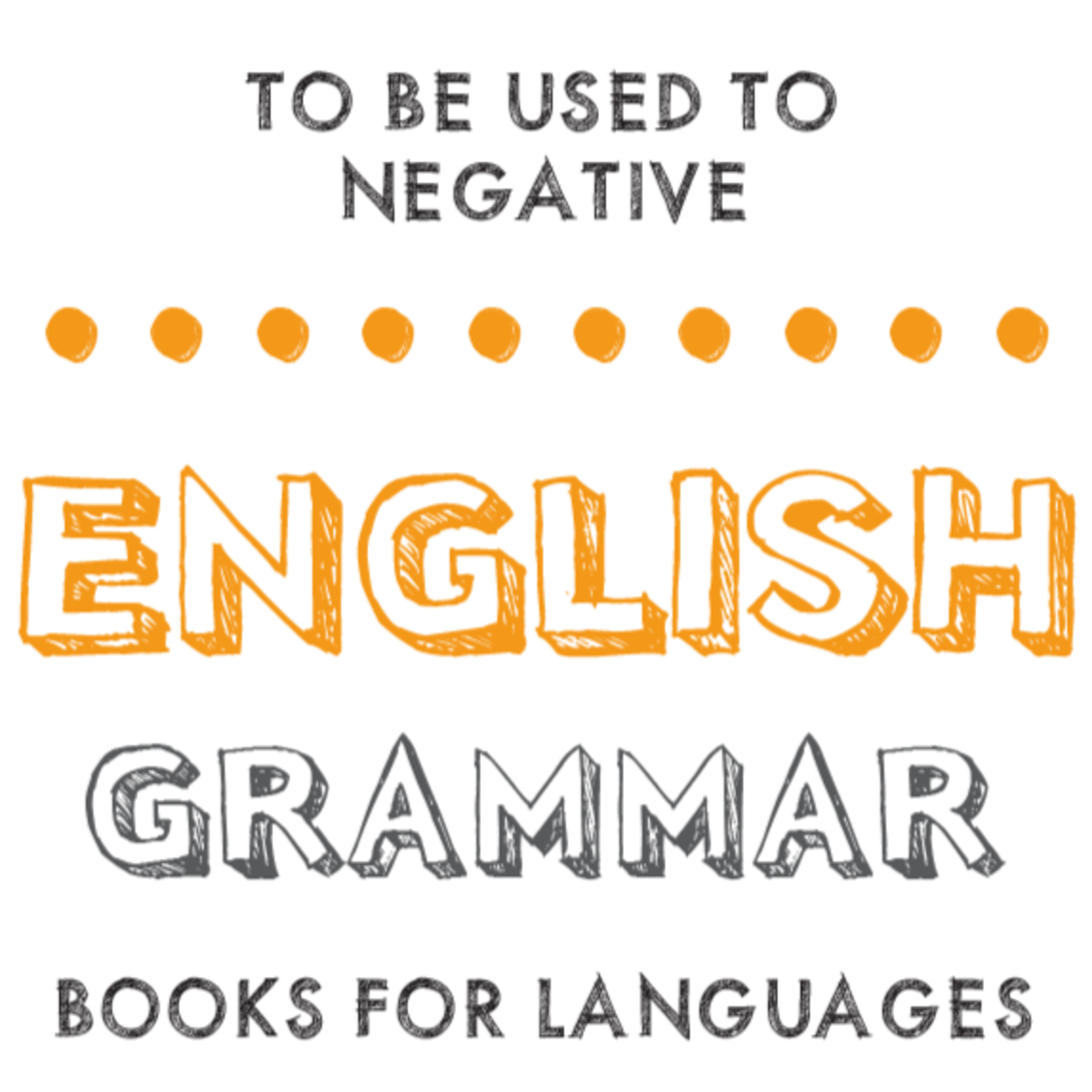
To be used to Negative
To be used to is a structure used to express habits and customs that are familiar to us.
When expressed in its negative form, the verb denies that the subject has some customs.
